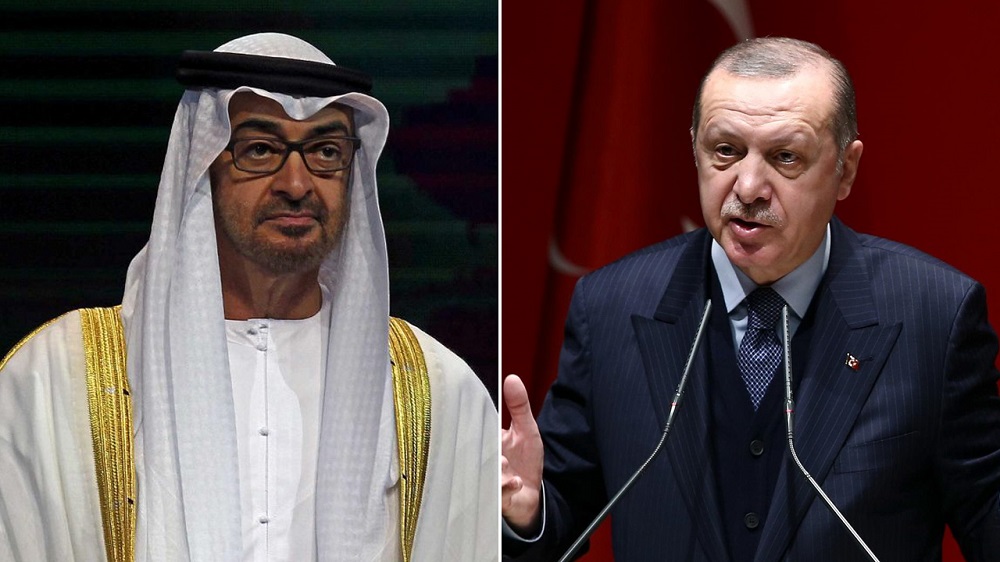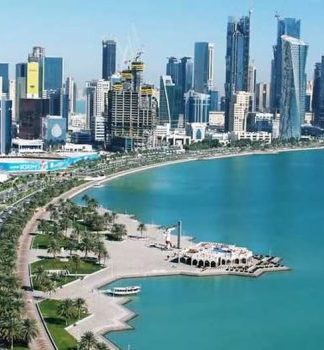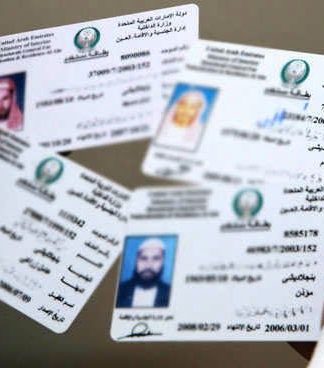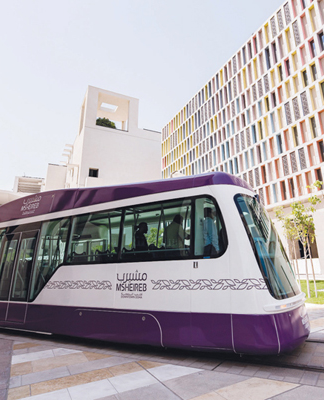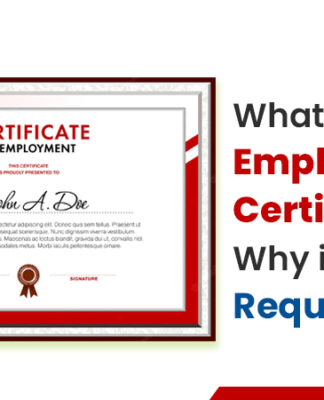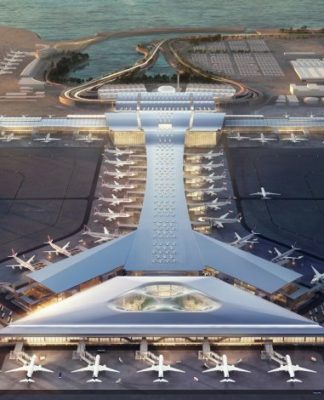The “Financial Times” newspaper revealed the dimensions of the Emirati conspiracy against Turkey and its causes, noting that the recent Abu Dhabi and Tel Aviv agreement and the regional conflict in Libya unleashed the Abu Dhabi campaign against Ankara led by its Crown Prince Mohammed bin Zayed, but with limited options.
In a report by the British newspaper – co-prepared by the newspaper’s correspondent in London, Andrew England, Laura Patel in Istanbul, and Simon Kerr in Dubai – he referred to Turkey’s position on the UAE agreement with Israel, which President Recep Tayyip Erdogan described as hypocritical.
The agreement with Israel
The report added that the UAE tried to soften the atmosphere with Iran by confirming that the agreement had nothing to do with it, but rather an attempt to reduce the escalation with it, but it opened a new front with Turkey.
According to the report, Turkish and Emirati officials believe that normalization with Israel is part of deepening the alliance against Ankara.
The newspaper quoted Abd al-Khaleq Abdullah, advisor to bin Zayed, as saying: “After hearing the threats from Turkish officials … it helps of course to have an alliance with Israel,” stressing that what he described as “Turkish threats” speeded up the deal.
He added, “We share security information and are part of a large coalition.” The newspaper points out that the threats that Abdullah is talking about stemmed from the Turkish intervention on the side of the legitimate government of national accord in Tripoli. Before the Turkish intervention, the forces of the rogue warlord Khalifa Haftar were on a continuous rise. Because of the massive arms shipments coming in from Abu Dhabi, UN officials and diplomats say.
The collapse of the UAE’s ambitions in Libya
The newspaper’s report indicated that the Turkish air force neutralized Haftar’s air superiority and ended his attempt to overthrow the Tripoli government, forced his forces to retreat quickly, and endangered Abu Dhabi’s ambitions in Libya, especially since the conflict raised fears of a regional war in the southern Mediterranean.
The newspaper recalled what Turkish Defense Minister Hulusi Akar said that his country would hold the UAE accountable “at the right place and time,” and accused the Gulf state of supporting autocrats in the region, committing harmful acts and supporting anti-Turkish terrorists.
Bin Zayed campaign to where?
The newspaper says that the Crown Prince of Abu Dhabi, Mohammed bin Zayed, is leading the campaign against Turkey and its influence in the region. With an indigenous population of no more than a million people, it plays an overstretched role.
The newspaper adds: Since the Arab Spring in 2011, the UAE has spent billions of dollars to support its allies in the region in aid, trade contracts and military support.
According to the American Enterprise Institute, the volume of Emirati foreign investment in Ethiopia, Pakistan and Egypt has reached 87 billion dollars since 2011.
Karen Yang, an expert at the institute, says: “The UAE has used investment and support continuously and in more direct ways than any other Gulf country to increase its political influence, but at a time when Mohammed bin Zayed tried to expand the Emirati influence, he met Turkish pressure on the other side to limit this influence.
“Every time you see Emirati activity, you find in return Turkish activity,” said Michael Stepins of the Royal Institute for United Studies.
The Arab Spring
After the Justice and Development Party came to power in 2002, the Gulf states tried to deepen relations with Turkey, and everything changed when Ankara supported the elected Egyptian President Mohamed Morsi.
A Turkish official who worked in the Emirates recalls: “I was like a prince, being called to all meetings and all doors were open … Then fear started in Abu Dhabi when we supported an elected leader, Morsi, and they were angry.”
The newspaper’s report believes that the Arab Spring was a turning point in Turkey’s relations with the Egypt-Saudi Arabia-UAE axis, for Mohammed bin Zayed was a threat, while Erdogan saw in it an opportunity for cooperation.
The report says that after Mohammed bin Zayed was convinced that the United States abandoned its ally Hosni Mubarak, and the Brotherhood won the elections, he used political money to shape the region in a way that would serve his interests and those of his allies. As for Erdogan, the Brotherhood’s election represented an opportunity for him to forge an alliance with a country in the heart of the Arab world. .
While the UAE supported media institutions hostile to the Brotherhood, Turkey provided financial support to the government of Morsi, the elected president, but the balance changed when the authoritarian General Abdel Fattah al-Sisi seized power in 2013 and crushed the Islamists and became in bin Zayed’s camp and received billions of dollars in aid from Abu Dhabi.
The report indicates that the success of the overthrow of Morsi represented fears for Turkey of a similar attempt, especially since Turkish officials suspect the presence of indirect fingers for Abu Dhabi in the failed coup attempt in 2016.
In 2017, Erdogan said: “When there was an attempted coup in Turkey, we knew very well who was happy with it in the Gulf countries.”
After the Egyptian coup, Turkey became a haven for dissidents who fled a brutal crackdown, while Abu Dhabi threw all its weight behind Sisi.
A Turkish official told the newspaper: They want to support autocrats to stop political parties in the Middle East, but they have not succeeded, as they misjudge their capabilities and the capabilities of their enemies.
Bin Zayed’s capabilities are limited.
According to the newspaper, some believe that Mohammed bin Zayed’s capabilities are limited in the face of Turkey, and that the extent of his ambitions collides with real obstacles, so he tries to search for allies against Ankara .. Some believe that Mohammed bin Zayed’s capabilities are limited.
A former Western official says that the rivalry revealed the limited power of the UAE: “We may have seen the highest extent of the Emirati influence in the region, referring to its role in Libya and its heavy loss as a result of its support for Haftar.” He added, “What happened in Libya is a good example when a serious force throws its weight to the other side. There is little that the Emirates can do except for checkbooks and arms sales.”
The diplomat does not see in the Turkish-Emirati relationship a competition as much as it is a targeting of Turkey, given that the UAE considers itself the “mind” against the Islamists.
It is seen as the least regional rivalry and Abu Dhabi targeting Turkey because the UAE considers itself the “minds” of an anti-Islamist coalition.
He said, “The extent of Mohammed bin Zayed’s ambitions collides with real obstacles, as he is trying to search for allies to confront Turkey, including the Americans, and I do not think he will succeed.”
Others expect, according to the Financial Times report, that bin Zayed will support alliances in the region and beyond. Less than two weeks after it signed the agreement with Israel, Abu Dhabi sent four F-16 fighter jets to take part in a Greek military exercise as tensions rose between Ankara and Athens over maritime rights.
The newspaper pointed out that the UAE sided with Greece, as it found in the French President Emmanuel Macron, a critic of Erdogan and who helped Haftar in Libya, as a friend.
Muhyiddin Atman, director of foreign policy research at the SITA Center, was quoted by the newspaper as saying, “Mohammed bin Zayed spent billions of dollars on lobby groups against Turkey,” stressing that Turkey is not afraid of the UAE.














